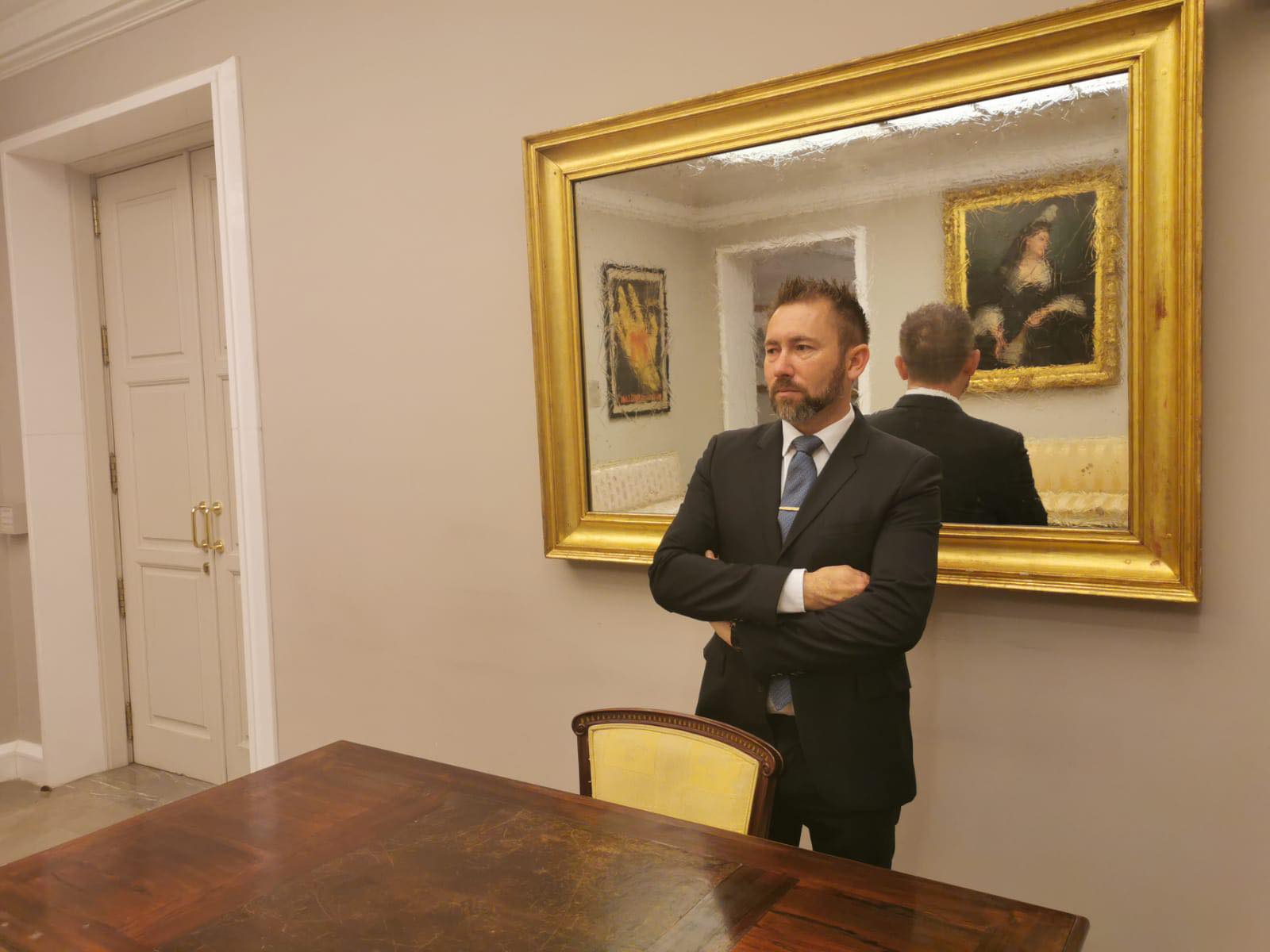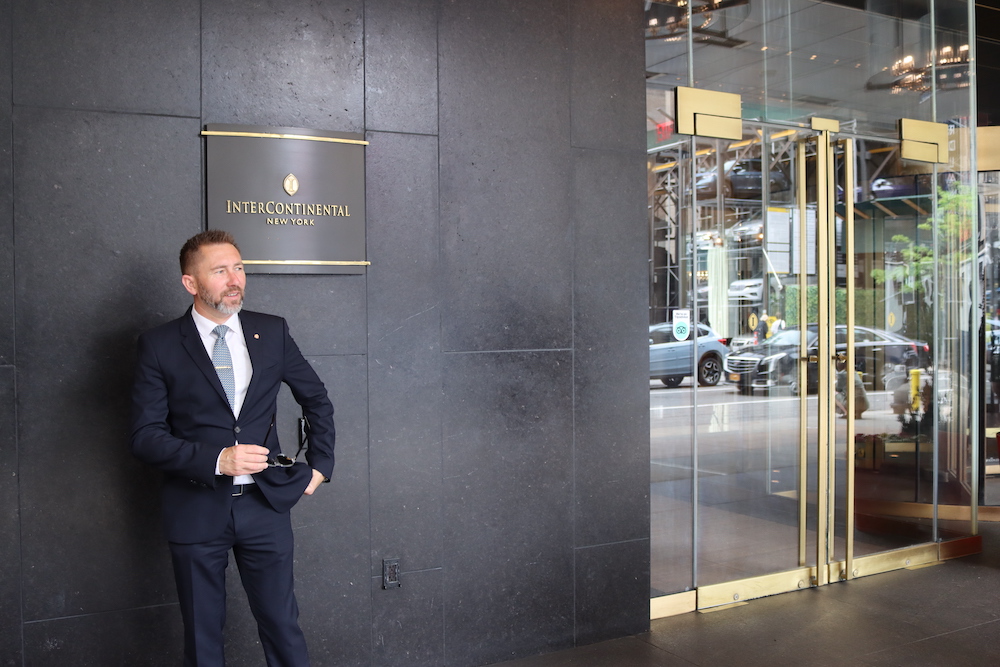
Interpol records fugitives or wanted persons by means of a Red Notice. What is the role of the lawyer in contesting this registration and obtaining the lifting of the Red Notice registration? What is the procedure and its avenues of appeal?
Article :
It is appropriate to take an interest in the mechanics of registering individuals with Interpol services,
Indeed, it is appropriate to recall the mechanics of the famous Red Notice,
How does it work ?
Interpol issues a Red Notice to search and arrest individuals for extradition.
The latter are the subject of criminal proceedings and are used by members of the international police organization.
They contain crucial information on fugitives and allow authorities in Member States, such as France, to consult and locate wanted people.
This system facilitates prison detention and control of individuals on a global scale.
A lawyer specializing in fugitives at large and Interpol plays an essential role in defending the interests of those on file, ensuring that legal procedures are respected and requesting the lifting of the fugitive’s registration if necessary.
Of course, there is above all reason to check whether human rights and criminal laws have been respected, but they remain a powerful tool for any matter of justice on an international level, contributing to the capture of criminals and the their appearance in court.
Several texts regulate the recording by Interpol of fugitives with the establishment of the famous Red Notice,
It is appropriate to cite in particular Decree No. 2009-1098 of September 4, 2009 publishing the agreement between the Government of the French Republic and the ICPO-Interpol relating to the headquarters of the organization on French territory (together an annex), signed in Lyon on April 14, 2008 and in Paris on April 24, 2008 (1)
But how does the Interpol Red Notice system work?
Remember that this consists of a request for provisional arrest, valid throughout the world through this Red Notice,
Specifically, this involves submitting a request to law enforcement agencies worldwide to locate individuals and make provisional arrests for possible extradition, surrender or other action. in compliance with current laws.
This does not, however, constitute a large-scale arrest warrant.
The Red Notice represents a call for cooperation between law enforcement agencies in different states to temporarily secure the wanted person until appropriate legal procedures can be implemented.
This facilitates international collaborations for provisional arrests of wanted persons, respecting national and international jurisdictions, without imposing automatic legal obligations on arrests.
What about the procedure and distribution of the Red Notice to member countries?
Targeted individuals are targeted at the request of a member country, or, in certain cases, by an international court.
When a Red Notice is issued, each Interpol member territory assesses the situation using its own laws to decide whether or not to arrest the person concerned.
It is important to emphasize that the decision to arrest a fugitive is based on the national legislation of each territory, of each country, and not on an imposed obligation.
Thus, each country retains its legal autonomy to determine the procedure to follow.
This requires the cooperation of each member, but each arrest decision is made based on internal legal rules.
What about the exclusive use of red notices by each authority?
Most are intended exclusively for use by global law enforcement and other relevant authorities.
Consequently, this implies that these notices are not intended to be consulted by the general public and are used in a strictly professional context.
The information contained remains confidential and is only accessible to authorized personnel, thus ensuring the security and effectiveness of search and arrest operations.
However, extracts may be made public.
This publication occurs only at the request of the member territory concerned.
There are two main reasons why a red notice extract may be made public:
1/ The need for help from the general public:
In some cases, locating the wanted individual at large may require the cooperation of the general public.
By publishing extracts, each authority hopes to obtain information from ordinary citizens who may have seen the person sought or have useful information.
2/ The threat to public safety:
If the wanted individual is considered a potential threat to public safety, then it is crucial to widely disseminate information about him.
The aim is to raise public awareness of potential dangers and encourage vigilance.
In such situations, publication can help prevent crimes or dangerous acts.
The decision is always made with great caution.
The member territory issuing the request carefully evaluates the risks and potential benefits before making this information accessible to the general public.
What is the role of the lawyer with the Interpol services?
The criminal law professional in criminal matters plays a crucial role in the judicial system, working both for the defense of the accused and for the prosecution of criminal offenses.
The lawyer specializes in criminal and penal cases, covering a wide range of crimes ranging from minor offenses to serious crimes involving heavy prison sentences.
The criminal lawyer defends the interests of individuals at large accused of crimes, ensuring that their constitutional rights are respected throughout the legal process, particularly during their arrest.
This crucial role includes the careful preparation of the defense, involving the in-depth analysis of evidence, questioning of witnesses, and often working with experts to challenge the evidence presented by the prosecution.
Representation in court is a central aspect of the work of the criminal lawyer.
He must be able to formulate convincing arguments, counter accusations, and vigorously defend his client before the judge and jury.
Additionally, the criminal lawyer frequently engages in reduced sentence negotiation, seeking to obtain the best possible terms for his or her client, whether through plea agreements or other legal arrangements.
His main goal is to ensure a fair trial, which means not only defending his client competently and diligently, but also ensuring that all legal procedures are followed correctly.
Through his work, the criminal lawyer in France such as Maître Latapie contributes to maintaining balance and the law, protecting individual interests in the face of state accusation.
What assistance does the lawyer provide to people listed by a Red Notice?
A specific aspect of criminal matters at the international level is assistance to people listed by Interpol.
Lawyers practicing this very specific field play a crucial role in representing targeted individuals.
These notices, issued to search and arrest suspects for extradition, require expert legal defense to protect the interests of those involved.
Specialist lawyers ensure that legal procedures are followed.
They intervene to challenge the validity of red notices, often by demonstrating a political motive or even factual errors.
If necessary, they request the lifting of the registration from the competent authorities.
This work requires extensive knowledge of procedures, as well as an ability to navigate the complexities of international legal systems.
Lawyers acting for their Red Notice client must be able to collaborate with foreign jurisdictions and understand the nuances of international criminal laws to provide an effective defense.
Their role is essential to guarantee the proper application of the law and the protection of interests in a context of global police cooperation.
The office of Maître Laurent LATAPIE is perfectly able to make requests to lift Interpol registration.
To obtain specialized assistance in lifting registration, it is strongly recommended to request a consultation in order to analyze the situation.
With extensive experience in representing clients in this type of situation, both nationally and internationally, our firm has in-depth knowledge of the procedures and regulations of this type of organization, as well as an understanding of the complexity of international legal systems and their interweaving with each other.
The role of the lawyer, and of our firm, is to offer comprehensive legal services to protect the interests of the individuals on file.
Our firm is committed to ensuring that each step of the procedures respects legal standards and the interests of its clients and carries out a thorough analysis and underlying reasons.
The objective being to assess the validity of the accusations.
Maître Latapie Laurent’s methodical approach involves the preparation of detailed requests to request the lifting of registration, presented to the competent Interpol authorities.
He uses his understanding of international procedures to navigate legal complexities and provide robust defense for his clients.
His expertise allows him to formulate convincing arguments to demonstrate irregularities or abuses of procedure, thus ensuring that the interests of each of his clients are fully protected.
In addition, our firm often collaborates with foreign experts and lawyers to strengthen its clients’ defense and ensure a coordinated and effective approach to dealing with the complex legal challenges related to Interpol records.
What are the steps for lifting Interpol registration?
Lifting an Interpol registration is a complex process that requires expert legal intervention.
First of all, it is necessary to analyze the Red Notice and examine the Red Notice in detail.
It is necessary to verify the reasons for its issuance, the information contained and the proofs provided.
This careful analysis is essential to identify any factual errors, political motives or violations. This ensures that the information on which it is based is accurate and complete, which then makes it possible to assess whether it was issued in compliance with Interpol rules and procedures.
This review also includes verifying compliance with international human rights standards.
If irregularities are detected, such as unfounded accusations or insufficient evidence, then it is possible to prepare strong arguments to challenge its validity.
Likewise, if the Red Notice appears to be politically motivated, there is reason to raise these concerns with the appropriate authority.
Collecting evidence and arguments to challenge a Red Notice
To challenge a Red Notice, it is crucial to gather evidence and formulate strong arguments.
This involves the collection of legal documents, testimonies and expert opinions which can demonstrate irregularities or abuses of procedure.
Legal documents may include court decisions, investigative reports, or evidence of compliance with international laws.
These documents are essential to show that it was issued on incorrect or insufficient grounds.
Testimony, whether from first-hand witnesses, experts, or even legal authorities in other countries, can strengthen the argument by providing additional perspectives on the circumstances surrounding it.
Expertise, such as legal analyzes or expert reports, can also play a crucial role.
They make it possible to objectively demonstrate violations or factual errors in the notice.
By combining these elements, the attorney can build a compelling case to challenge the red notice. This rigorous approach aims to prove that the latter is unjustified and to obtain its lifting, thus protecting the rights and freedom of the individual concerned.
Submission of the request for lifting the Red Notice
The role of the lawyer is to prepare a detailed request to request the lifting of the red notice.
This request will include an analysis of the irregularities, evidence and strong arguments demonstrating why the notice is unjustified.
The lawyer highlights any factual errors, political motives or human rights violations.
The request will then be sent to the CCF, the independent body responsible for revising the records.
The CCF will examine the request taking into account the arguments and evidence presented.
It will assess whether the notice complies with rules and procedures and international human rights standards.
This approach aims to obtain the lifting, thus protecting your interests and your freedom from unjustified international procedures.
Monitoring the procedure for the purpose of lifting the registration,
Once the application has been submitted, the procedure must be closely followed.
You must remain vigilant and responsive, responding to additional requests from Interpol and providing any additional information necessary to support your case.
This phase often involves ongoing communication with the CCF to ensure that all concerns are addressed and relevant documents are provided in a timely manner.
The CCF will examine the application in detail, taking into account the arguments presented and the evidence provided.
It will assess the validity of the reasons for the red notice and possible irregularities or human rights violations.
This process can unfortunately take time,
Finally, the CCF will make a decision on the lifting.
If the decision is favorable, the notice will be canceled, and you will be officially informed.
If rejected, consideration should be given to possible next steps, including appeals or further actions.
Additional actions to lift the Red Notice registration
If the initial request is rejected, it is possible to contest this decision, an appeal is always possible.
One option is to appeal the decision to the CCF, presenting new arguments or highlighting aspects that have not been sufficiently considered.
It may be helpful to recommend the filing of new evidence to strengthen the case.
This may include additional legal documents, more detailed testimony or in-depth expert opinions that clearly demonstrate factual errors or violations of a right.
In addition, it may be strategic to contact national or international judicial bodies to obtain favorable decisions that support your request for lifting.
It is important to end this reflection by remembering that many strategies can be implemented to maximize the chances of success in this complex and delicate process.
Article written by Maître Laurent LATAPIE,
Lawyer in France, Doctor of Law, Phd,
www.laurent-latapie-avocat.fr






